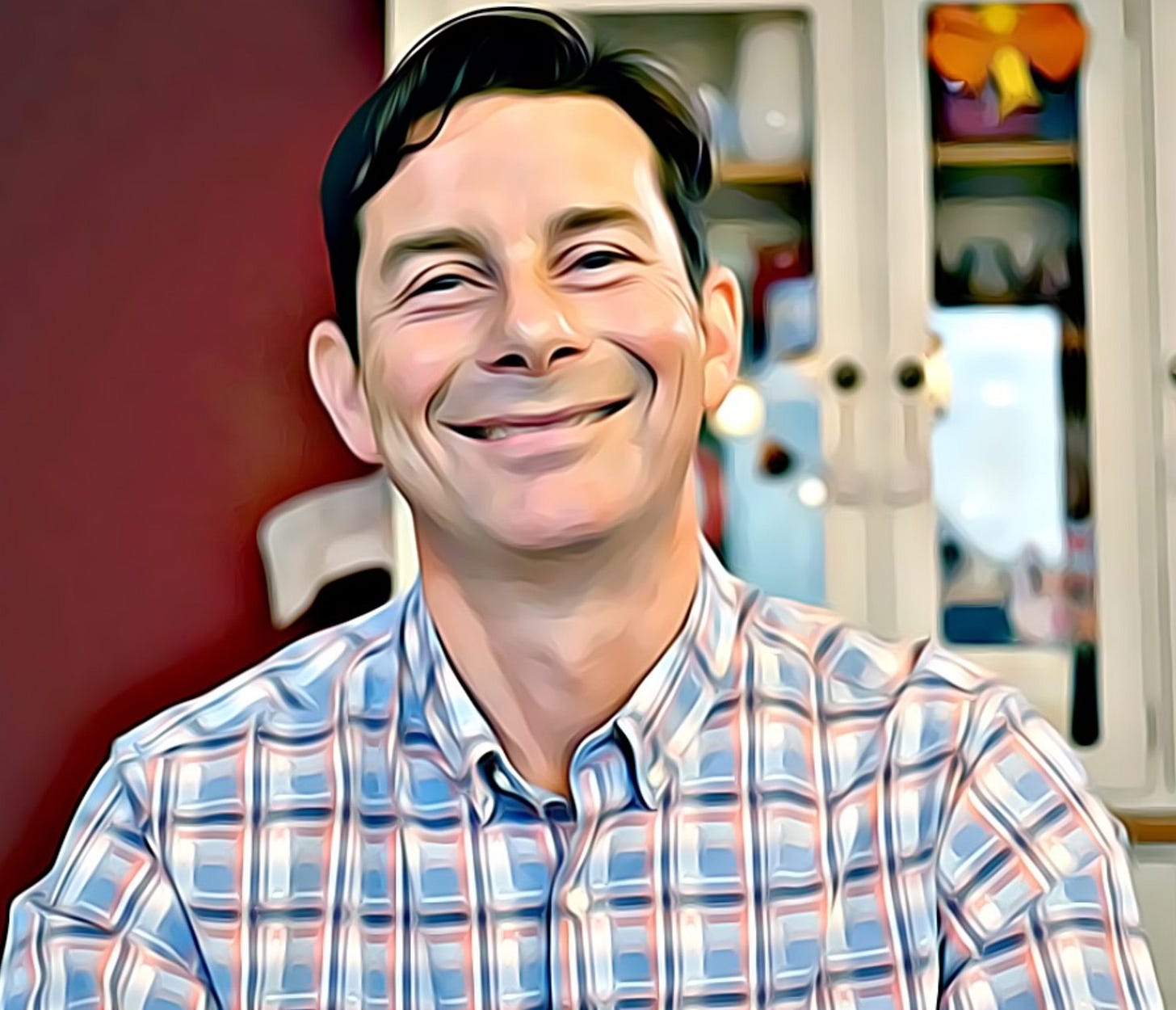Robert Vinall’s 2024 letter to investors in the Business Owner Fund is a masterclass in candid reflection and strategic insight.
From navigating painful drawdowns to spotting opportunities in Chinese tech, I believe Vinall lays out his investing philosophy and hard-won lessons in a way that resonates with both novice and seasoned investors.
Below are seven key takeaways from his latest letter, along with some direct quotes from the letter that underscore each lesson.
1. Crossing the €1,000 Bogey (Again)
The fund’s achievement of surpassing its previous high is about resilience, not just hitting an arbitrary number.
“Passing the €1’000 mark was a meaningful milestone for me. This was not because the fund passed the bogey for the first time—that happened in 2021 and meant nothing. It is significant because the fund passed it for the second time.”
Vinall acknowledges that initially hitting €1,000 in NAV/share was not a big deal; what mattered was dipping nearly 50% afterward—and then climbing back above the threshold.
That second rise validated both his investment approach and his resolve.
It also highlights how fund performance can be a roller coaster and that true success is measured by recovering from big dips, not just celebrating peaks.
2. The Emotional Toll of Drawdowns
Big market drawdowns are inevitable, but they can feel deeply personal—especially when you manage other people’s money.
"That drawdown [almost 50% in 2022] was the most painful experience of my investing career. Fund managers are encouraged to invest in their own funds - to eat their own cooking - on the basis that it aligns their interests with their investors. The idea has merit, but losing my co-investors’ money felt far worse than losing my own."
While many value investors wax poetic about the joys of buying cheap in a market crash, Vinall confesses he felt more like “the footballer who missed the deciding penalty in the World Cup Final.”
“True value investors are supposed to delight in market crashes. During the stock market crash of 1973/74, Warren Buffett is famously described as a kid in a candy store.”
This honesty reminds us that real-world portfolios come with real-world stress—even for the most disciplined managers.
“The fund's price chart until 2022 was more pristine, but I prefer today's. It better reflects reality.“





